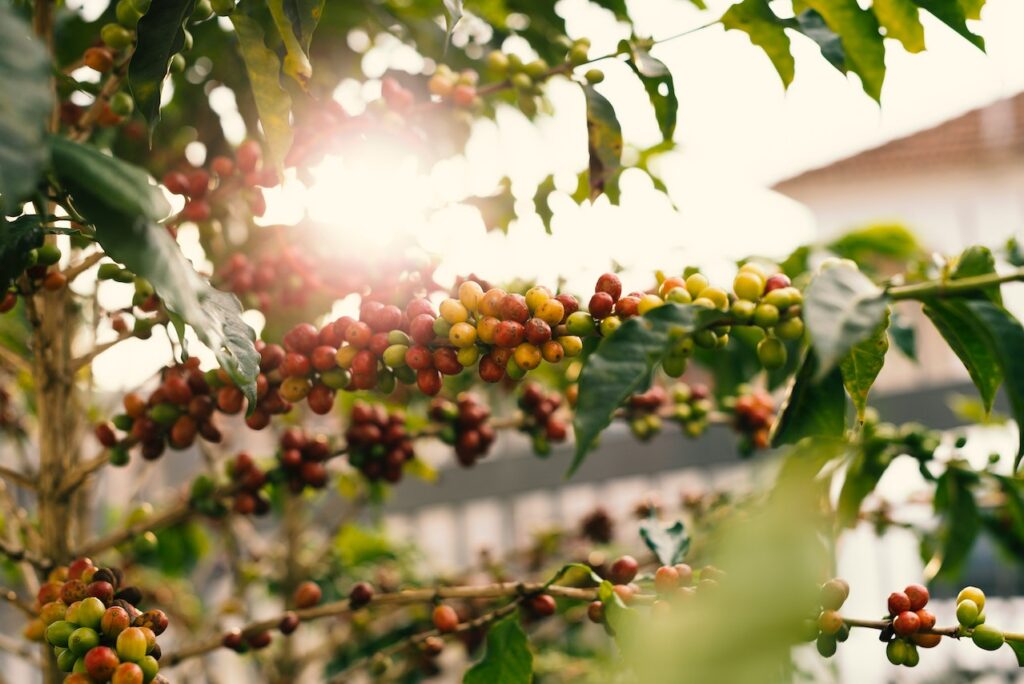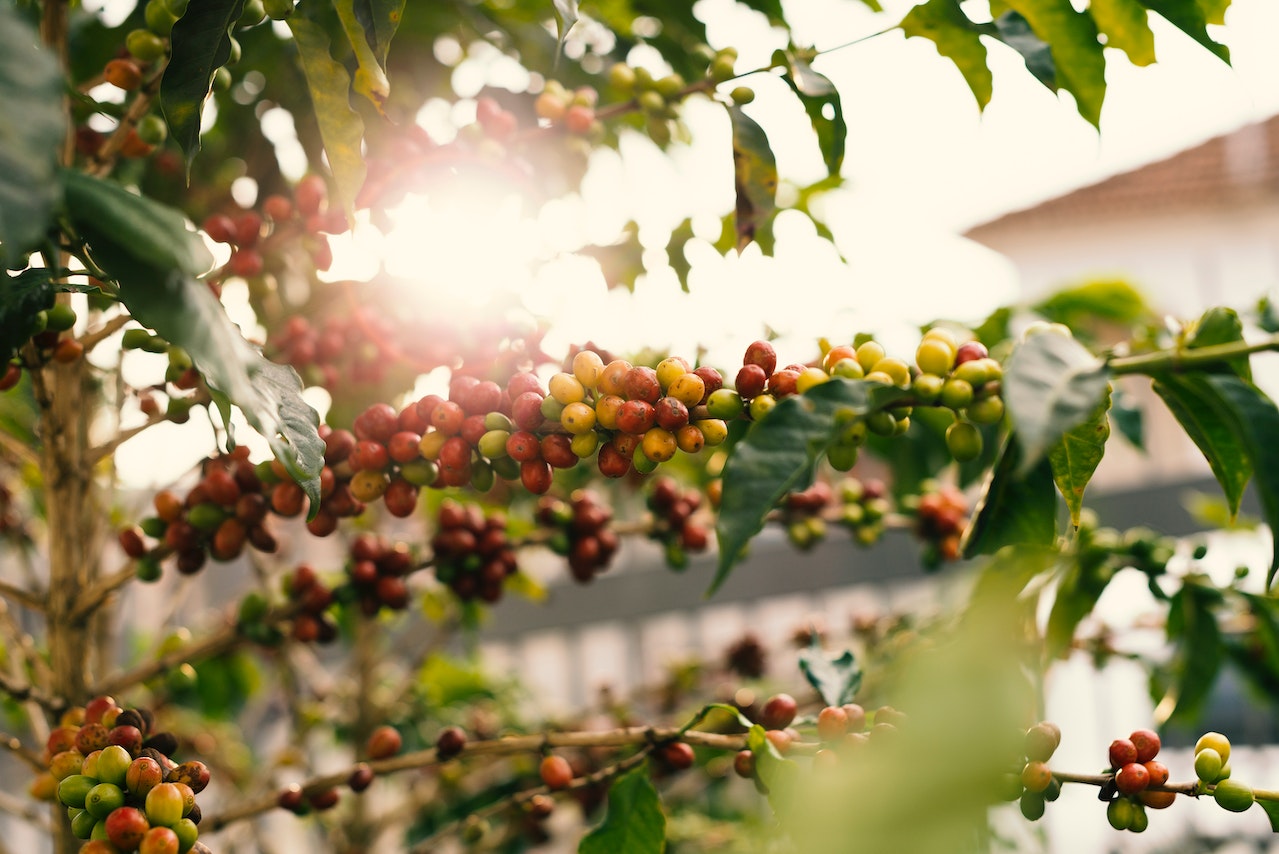The Kona region of the Big Island is renowned worldwide for its premium coffee. The unique combination of the volcanic soil, altitude, and climate creates the perfect conditions for cultivating some of the world’s best coffee beans. Dive deep into the world of Kona coffee farms and discover the history, cultivation process, and the unique flavors that make it stand out.
At A Glance

The Rich History of Kona Coffee
Kona coffee’s history traces back to the early 19th century when coffee plants were first introduced to the Hawaiian Islands. By the 20th century, Kona had established itself as a prime coffee-growing region, with numerous farms dotting the landscape. The dedication of local farmers, combined with the region’s ideal growing conditions, led to the creation of a coffee with a reputation for its rich flavor and aromatic qualities.
The Cultivation Process
The process of cultivating Kona coffee is both an art and a science. The volcanic soil of the region, rich in minerals, provides the plants with the nutrients they need. The consistent climate, with morning sun followed by afternoon rain, offers the coffee trees the perfect environment to thrive.
Once the coffee cherries are ripe, they are hand-picked, ensuring only the best quality. After picking, the cherries undergo a process of pulping, fermenting, drying, and roasting. Each step is meticulously carried out, ensuring the beans retain their signature flavor.
Tasting and Tours
Visiting a Kona coffee farm is a sensory experience. Many farms offer guided tours where visitors can learn about the cultivation process, from planting to brewing. Walking amidst the coffee trees, with the aroma of fresh beans in the air, is a treat for the senses.
Most tours culminate in a tasting session, where visitors can savor freshly brewed Kona coffee. The rich, smooth flavor, with its hints of caramel and nuttiness, is a testament to the care and dedication that goes into its production.
Sustainability and Kona Coffee
With the increasing global focus on sustainability, many Kona coffee farms are adopting eco-friendly practices. From organic farming methods to water conservation, these farms are ensuring that their coffee is not only delicious but also environmentally responsible.
Furthermore, the close-knit community of Kona coffee farmers often collaborates on initiatives to preserve the region’s natural beauty and resources, ensuring that Kona remains a coffee-producing paradise for generations to come.
In conclusion, Kona coffee is more than just a beverage; it’s a reflection of the region’s rich history, culture, and dedication to excellence. Whether you’re a coffee connoisseur or a casual drinker, a cup of Kona is sure to provide a memorable experience.

